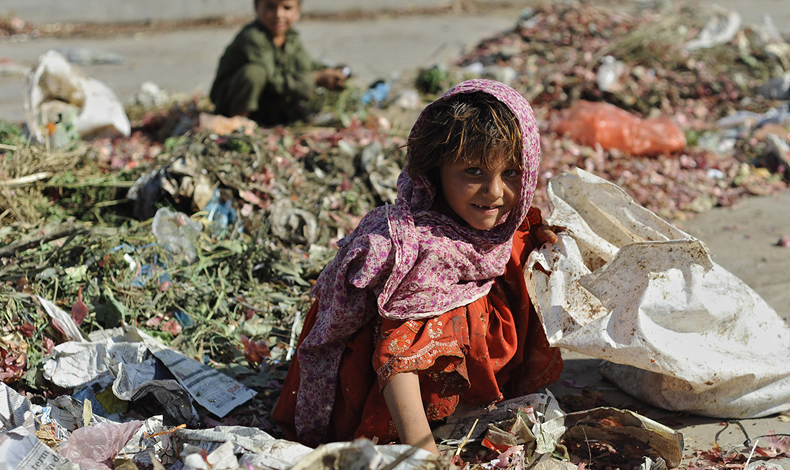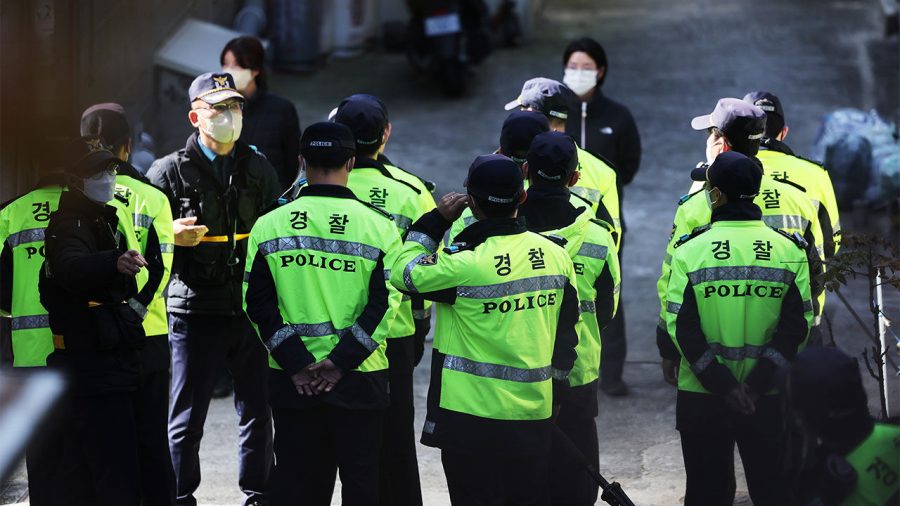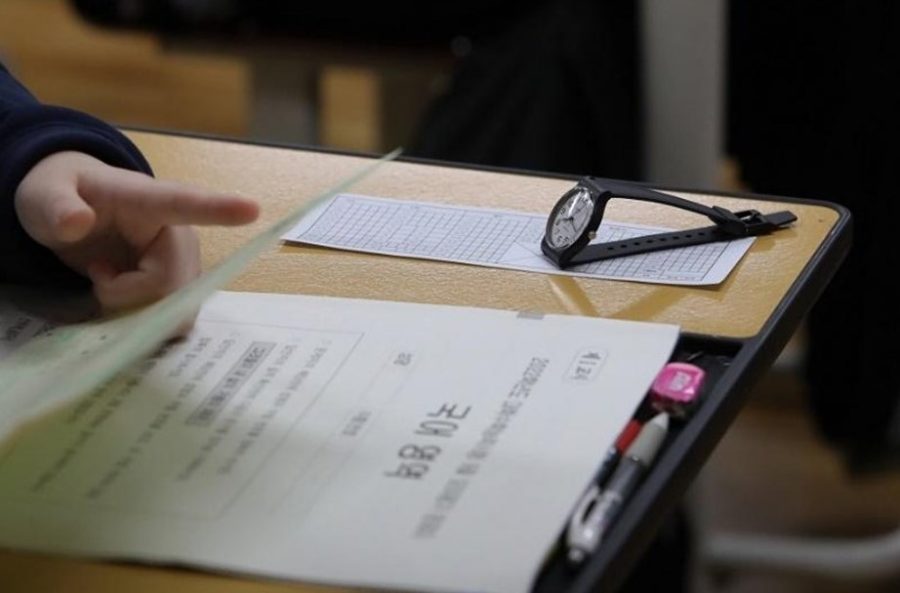The focus of this article is to examine why nations situated in the Global South are still poor. By Global South, we mean countries in Africa, Latin America and Southeast Asia.
1, Political and policy instability have resulted in frequent policy changes and inconsistent implementation which in turn have prevented continuous progress in underdeveloped nations.
2, Inadequate co-ordination of the various programs has resulted in each institution- WHO, UN, World Bank, UNICEF, Red Cross, Irish Aid…carrying out its own activities with resultant duplication of effort and inefficient use of limited resources. Overlapping functions lead to institutional rivalry and conflicts.
3, Severe budgetary, management and governance problems have afflicted most of the nations in question to the extent that several projects are uncompleted, broken down, abandoned, understaffed or ill-equipped.
4, Top bottom approach to development. In most cases, donor agencies dictate policy and programs from the top with the exclusion of input from aid recipients who are familiar with the uniqueness and history of their challenges.
5, This is consequent upon the above. Inappropriate program design reflect lack of involvement of beneficiaries in the formulation and implementation of programs. Overall, beneficiaries are not motivated to identify themselves sufficiently with successful implementation of the programs.
6, National governments in most nations of the Global South are corrupt. Misappropriation of funds often dent development efforts. It has been argued that corruption and development are enemies- you can only have one at a time!





![The convenience store chain, GS25, collaborated with the beer company Heineken. This is a pop-up store operated at GS25's Hapjeong Premium Store in Seoul and Ingu Beach Store in Yangyang, Gangwon-do in collaboration with Heineken. [Image courtesy of GS25]](https://songdochronicle.com/wp-content/uploads/2022/10/Korean-convenience-stores-targeting-the-MZ-generations-Chaeyoon-Jung-1.jpg)
